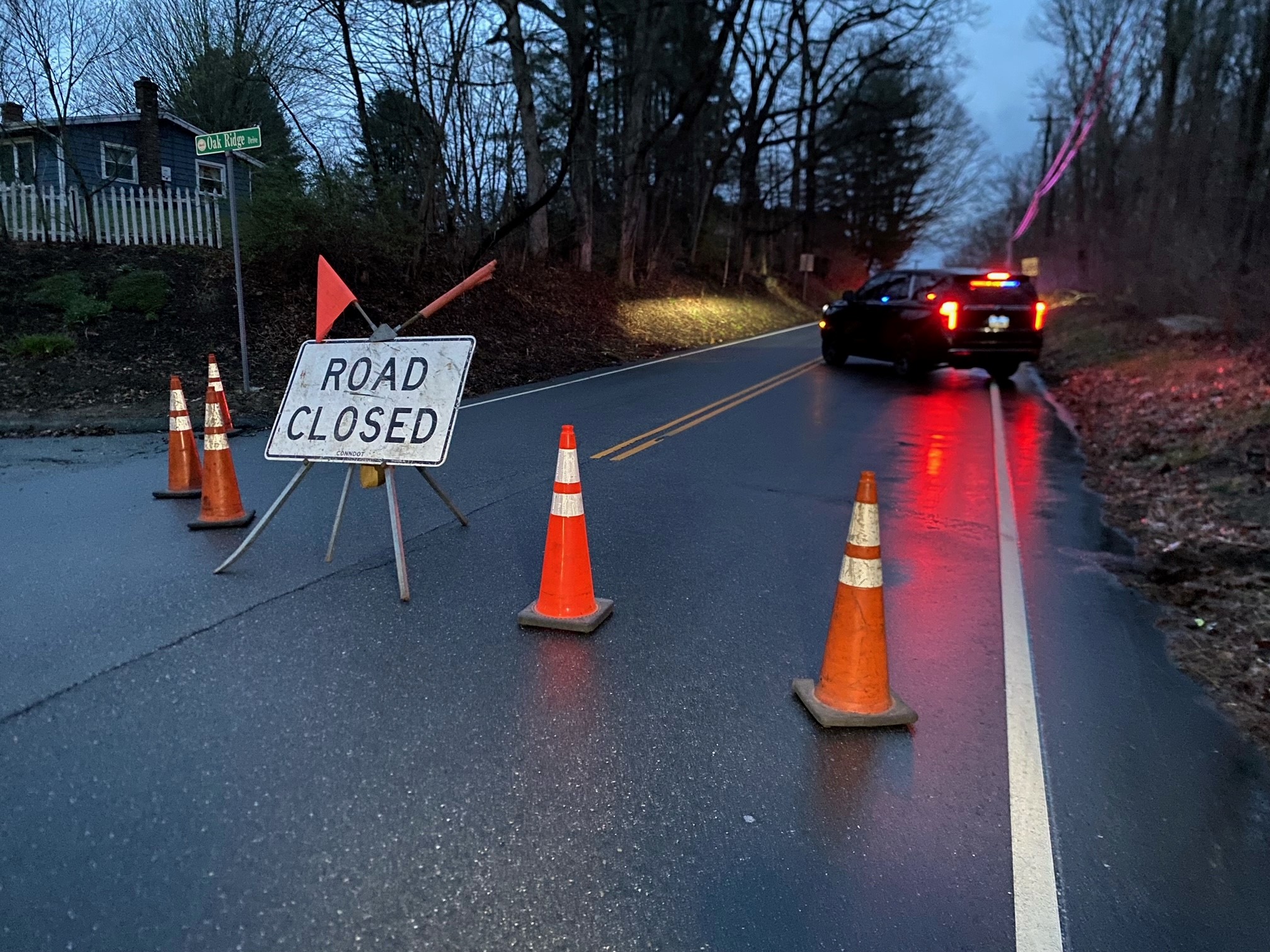On the University of Connecticut Storrs campus this fall, social distancing can feel a lot more distant than it is social.
Dr. Carl Lejuez, the Provost and Executive Vice President for Academic Affairs at UConn, has a background in behavioral and social sciences, and said making connections and building relationships are critical to emotional wellness for young adults, like college students.
"Part of it is what you imagine the college experience being, so part of it is expectation that this is an opportunity to make new friends, to learn all about yourself and kind of figure out what the next part of your life is going to be" Lejuez, a clinical psychologist said.
UConn senior Narumi Collins says building a personal network is a big part of the reason people go to college, and the coronavirus pandemic has made that much more difficult.
"I've noticed people feel so isolated these days, and that has a huge toll on humanity, and it shows," Collins, an agricultural economics major, told NBC Connecticut.
Dr. Lejuez said it is for that very reason that he decided it was time to step in and help.
"I was sitting in my office, and I was worried about a lot of students not having as much in- person classes as they'd like," Lejuez said, "and so, as Provost, I normally don't teach, but I thought 'why don't I try and teach an in- person course that actually focuses on something I knew students would need now?'"
Local
Very quickly, 75 students signed up for the new class called Tools for Emotional Wellness.
The course objective is to not only help students survive this unprecedented time, but to thrive in the years ahead.
"What we find is if you have the right support, if you have the right expectations, if you have the right community in place, you can have what's called traumatic growth. And that's the idea the idea that you can learn things out of something, and get stronger because of it," Dr. Lejuez explained.
Students like Collins said just being able to attend some classes in person is more helpful than you might think.
"They always say 'six feet' but it's still a classroom, it still feels like a classroom, even with the masks on, and that's been the best part; it doesn't feel too far from normal."
Until that normal returns, Dr. Lejuez said they will keep looking for new ways to protect student safety and mental health.



